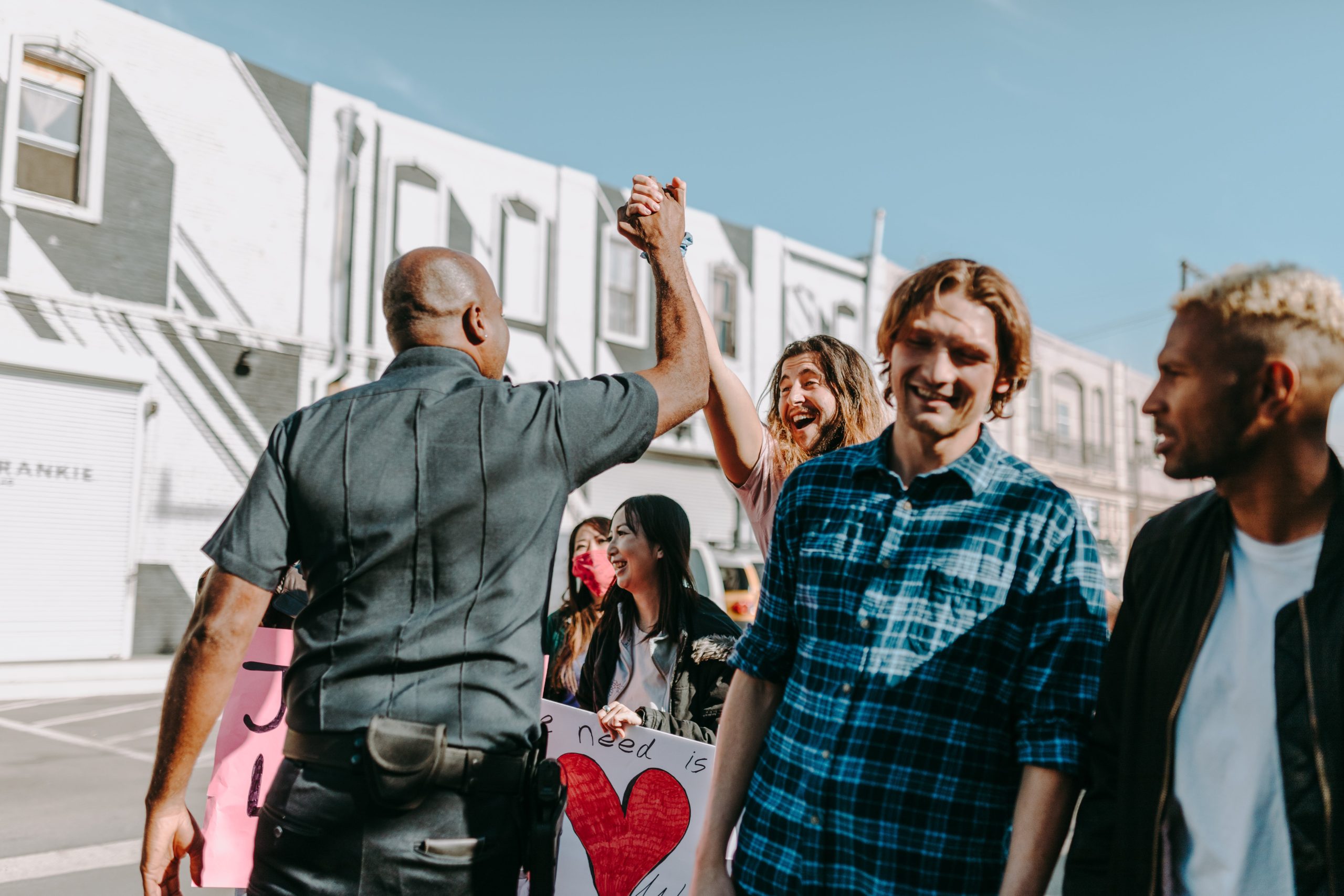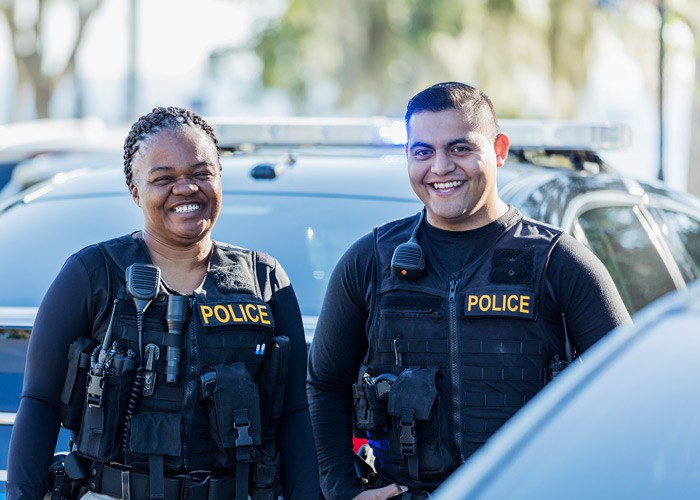Introduction
Police officer engagement is crucial to the success of law enforcement agencies. Engaged officers are more committed to their work, more likely to provide high-quality service, and less likely to leave the profession. However, engaging police officers can be challenging, especially in an environment of increased scrutiny and tension. This blog post explores the role of leadership in police officer engagement and provides practical tips for leaders to engage their officers.
Understanding Police Officer Engagement
Police officer engagement refers to the level of commitment, involvement, and satisfaction that officers have with their work. Engaged officers are emotionally invested in their work, feel valued and respected by their superiors, and are motivated to provide high-quality service. Engaged officers are also more likely to be loyal to their department, less likely to experience burnout, and more likely to go above and beyond their job requirements.
In contrast, disengaged officers feel disconnected from their work, lack motivation, and may even feel resentful towards their department. They may not feel valued or respected by their superiors, and may not see a clear connection between their work and the department’s mission. Disengaged officers are more likely to experience burnout, less likely to provide high-quality service, and more likely to leave the department.
Leaders play a critical role in fostering police officer engagement. They set the tone for the department and create a work environment that either promotes or discourages engagement among officers.
The Importance of Leadership in Police Officer Engagement
Leadership is critical to police officer engagement because it sets the tone for the department’s culture and work environment. When leaders prioritize officer engagement, they create a positive work environment that fosters commitment, motivation, and high-quality service. Leaders who neglect officer engagement, however, create a negative work environment that fosters disengagement, low morale, and burnout.
Furthermore, leaders who prioritize officer engagement are more likely to retain their officers and reduce turnover rates. This is because engaged officers are more satisfied with their work, feel valued and respected by their superiors, and are more likely to be loyal to their department. In contrast, disengaged officers are more likely to leave the department, either for another law enforcement agency or for a different profession altogether.
Thus, leadership plays a critical role in police officer engagement, and leaders who prioritize engagement are more likely to have a successful and effective department.
Characteristics of Engaged Officers
Before discussing how leadership can engage police officers, it is important to understand the characteristics of engaged officers. Engaged officers have the following traits:
• Emotionally invested in their work
• Motivated to provide high-quality service
• Feel valued and respected by their superiors
• See a clear connection between their work and the department’s mission
• Committed to their department
Leaders can use these traits as a guide to foster engagement among their officers.
Tips for Leaders to Engage Police Officers
Leaders can use the following tips to engage their officers:
• Communicate frequently and effectively with officers
• Provide officers with opportunities for professional development
• Recognize officers for their hard work and achievements
• Foster a positive work environment that values officers’ contributions
• Set clear expectations and goals for officers
By following these tips, leaders can create a work environment that promotes engagement among officers.
Communicate Frequently and Effectively with Officers
Communication is critical to engaging police officers. Leaders should communicate frequently and effectively with their officers to ensure that they feel valued and informed about departmental decisions and changes. Leaders should also listen to their officers’ concerns and feedback and take appropriate action to address them.
Effective communication also involves providing officers with regular feedback on their performance. Leaders should provide both positive and constructive feedback to help officers improve and grow in their roles.
Provide Officers with Opportunities for Professional Development
Providing officers with opportunities for professional development is another way to engage them. Leaders should provide officers with access to training, education, and mentorship programs that help them develop new skills and advance in their careers.
Professional development opportunities also demonstrate to officers that they are valued and invested in their growth and success.
Recognize Officers for Their Hard Work and Achievements
Recognizing officers for their hard work and achievements is an important way to engage them. Leaders should publicly acknowledge officers who go above and beyond their job requirements and provide them with rewards and incentives for their hard work.
Recognition not only shows officers that their work is valued but also motivates them to continue providing high-quality service.
Foster a Positive Work Environment
Leaders should foster a positive work environment that values officers’ contributions. This involves creating a culture of respect, trust, and collaboration where officers feel supported and valued by their superiors and colleagues.
Leaders can also foster a positive work environment by promoting work-life balance, providing officers with the resources they need to do their jobs effectively, and addressing issues of discrimination, bias, and harassment within the department.
Set Clear Expectations and Goals for Officers
Finally, leaders should set clear expectations and goals for their officers. Officers should know what is expected of them in terms of job performance, behavior, and conduct. Leaders should also set clear goals for officers to work towards, both individually and as a department.
Clear expectations and goals help officers understand how their work contributes to the department’s mission and provide them with a sense of purpose and direction.
Conclusion
Police officer engagement is critical to the success of law enforcement agencies. Leaders play a crucial role in fostering engagement among their officers by creating a positive work environment, providing opportunities for professional development, recognizing officers for their hard work and achievements, and setting clear expectations and goals. By following these tips, leaders can create a culture of engagement that promotes commitment, motivation, and high-quality service among their officers.





